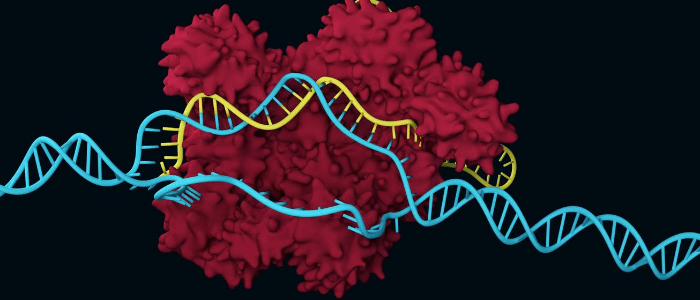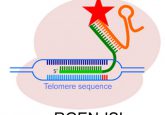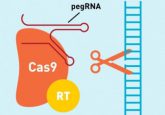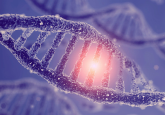Bacterial protein puts the breaks on CRISPR–Cas13 editing

Scientists have discovered that a single protein derived from Listeria seeligeri – a type of bacteria commonly found in soil – could aid in greater specificity in the CRISPR–Cas13 editing process. CRISPR-based technologies have become indispensable tools across a broad spectrum of biological disciplines, allowing precise gene-editing for research and clinical purposes. Unlike other CRISPR systems, CRISPR–Cas13 can edit RNA; however previously researchers lacked a mechanism to control the editing process. Now, a multi-institute team of researchers from Rockefeller University, Memorial Sloan Kettering Cancer Center and Cornell University (all NY, USA) have expanded the CRISPR toolbox by demonstrating that a...
To view this content, please register now for access
Join our member community for FREE to access a collection of journal and online-only features, including:
- Exclusive access to educational videos, eBooks and insights into top BioTechniques journal articles
- The latest news and journal updates delivered straight to your inbox when you want it
- Personalized recommendations for the latest member-exclusive podcasts, interviews and expert opinions
- Priority registration to webinars, panel discussions and events
- Access to competitions and journal publication discounts, including 10% off open access fees when you sign up today!





